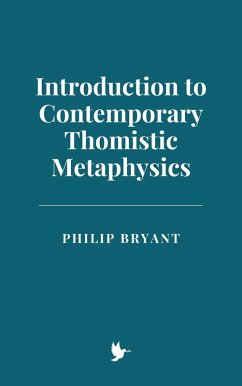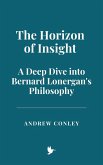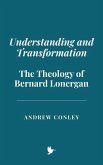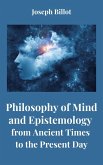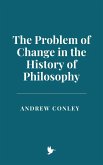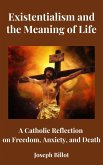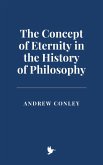The study begins with an analysis of Aquinas's metaphysical principles, including the distinction between essence and existence, the doctrine of participation, and the nature of causality. It examines Aquinas's nuanced understanding of the four causes, the primacy of act over potency, and the hierarchical ordering of creation, which reflect the intelligibility and purposiveness of the cosmos. Central themes such as divine simplicity, the attributes of God, and the metaphysics of creation are explored in depth, emphasizing Aquinas's affirmation of God as ipsum esse subsistensthe act of being itselfand the source of all finite existence.
The investigation extends to Aquinas's anthropology, focusing on the nature of the human person as a composite of body and soul. It considers the rational soul's immateriality, immortality, and capacity for intellectual and volitional acts, as well as its orientation toward ultimate fulfillment in the beatific vision. Aquinas's ethical framework, rooted in natural law and the teleological structure of human nature, is analyzed as a reflection of the participatory relationship between creation and the Creator.
This work also addresses key metaphysical challenges, including the problem of evil, the nature of time and eternity, and the relationship between divine providence and human freedom. By situating these issues within Aquinas's broader metaphysical framework, it offers insights into the coherence and depth of his responses to enduring philosophical and theological questions.
Through critical engagement with primary texts such as the Summa Theologiae, Summa Contra Gentiles, and De Ente et Essentia, alongside commentary from key figures in Thomistic scholarship, this study highlights the relevance of Aquinas's thought for contemporary debates in philosophy, theology, and science. The work concludes with a reflection on the enduring significance of Thomistic metaphysics as a unified vision of reality, where being, goodness, truth, and purpose converge in the infinite mystery of God.
Dieser Download kann aus rechtlichen Gründen nur mit Rechnungsadresse in A, B, CY, CZ, D, DK, EW, E, FIN, F, GR, H, IRL, I, LT, L, LR, M, NL, PL, P, R, S, SLO, SK ausgeliefert werden.

